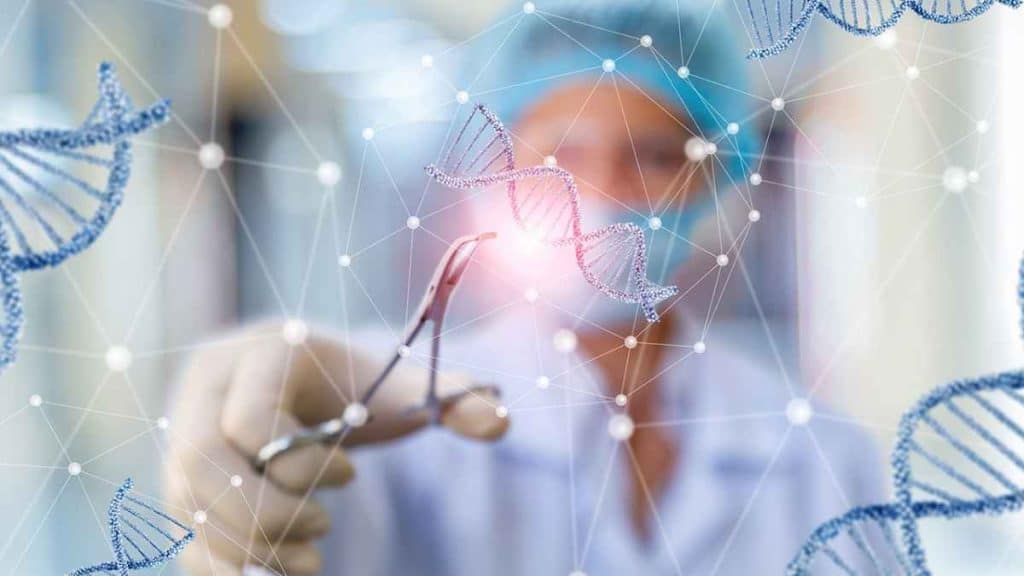DNA oligos have emerged as transformative tools in drug development, revolutionizing the field with their unique capabilities. These short, single-stranded DNA molecules have opened new avenues for targeted therapeutics, gene editing, and personalized medicine. DNA oligos offer enhanced precision and efficacy in drug action by targeting genetic sequences. Their versatile applications hold immense potential for advancing drug development and improving patient outcomes.
1. Drug Delivery
Drug delivery refers to administering therapeutic substances to the body in a controlled and targeted manner to achieve optimal treatment outcomes. Custom DNA Oligos play a significant role in drug delivery as carriers or vehicles for transporting therapeutic molecules. Also, it’s possible to functionalize and modify to enhance stability, cellular uptake, and target specificity.
By precisely engineering the DNA sequences, researchers can control the release of the payload at specific sites or in response to certain triggers, such as pH or enzymatic activity. This breakthrough opens up new possibilities for targeted drug delivery, enabling more effective treatments with reduced side effects. A recent breakthrough in drug delivery is the development of DNA-based self-assembling nanocarriers, offering improved drug stability, controlled release, and enhanced cellular uptake efficiency.
2. Gene Silencing
Gene silencing refers to suppressing or inhibiting gene expression, typically achieved by targeting and disrupting the messenger RNA (mRNA) molecules that carry genetic information for protein synthesis. It addresses the problem of overactive or malfunctioning genes, which can lead to various diseases. DNA sequencing plays a crucial role in gene silencing by providing insights into the genetic sequence and identifying specific target genes for silencing.
An example application involves using small interfering RNA (siRNA), which can be designed based on DNA sequencing data to degrade disease-associated mRNA molecules selectively. A recent breakthrough in gene silencing is the development of RNA interference (RNAi) therapies, demonstrating promising results in treating diseases like hereditary transthyretin-mediated amyloidosis, which leads to the dysfunction of different organs and tissues. The approach also holds promise for treating various diseases, including viral infections and certain types of cancer.
3. Personalized Medicine
Personalized medicine is an approach that considers individual variability in genes, environment, and lifestyle to tailor medical treatments and interventions. It aims to optimize treatment outcomes, minimize adverse effects, and enhance patient well-being. DNA oligos play a pivotal role in personalized medicine by enabling the detection of specific genetic variations, mutations, and gene expression patterns associated with individuals.
They are utilized in genetic testing, pharmacogenomics, and gene expression profiling to identify genetic markers that influence disease susceptibility, treatment response, and drug metabolism. A recent breakthrough is the advent of CRISPR-based gene editing, which allows the precise modification of genetic sequences and offers potential therapeutic applications in personalized medicine.
4. Gene Editing and Repair
Gene editing and repair involve precisely modifying genetic sequences to correct or alter specific genes, offering promising therapeutic applications. It encompasses techniques such as CRISPR/Cas9, which utilizes DNA oligos as guides to target specific genomic regions. The DNA oligos direct the Cas9 nuclease to the desired location, where it introduces targeted DNA modifications.
The approach enables the correction of disease-causing mutations, the introduction of beneficial genetic changes, and the regulation of gene expression. Gene editing and repair hold great potential for treating genetic disorders, advancing personalized medicine, and paving the way for innovative therapeutic approaches.
Conclusion
DNA oligos have revolutionized various fields of biomedical research and applications. They play a critical role in gene editing and repair, personalized medicine, biomarker discovery, drug delivery, and gene silencing. With their unique capabilities and precise targeting, DNA oligos have opened up new possibilities for therapeutic interventions, disease diagnosis, and tailored treatments. As research and technology continue to advance, DNA oligos are poised to play an increasingly significant role in shaping the future of medicine, offering innovative solutions and improving patient outcomes.
